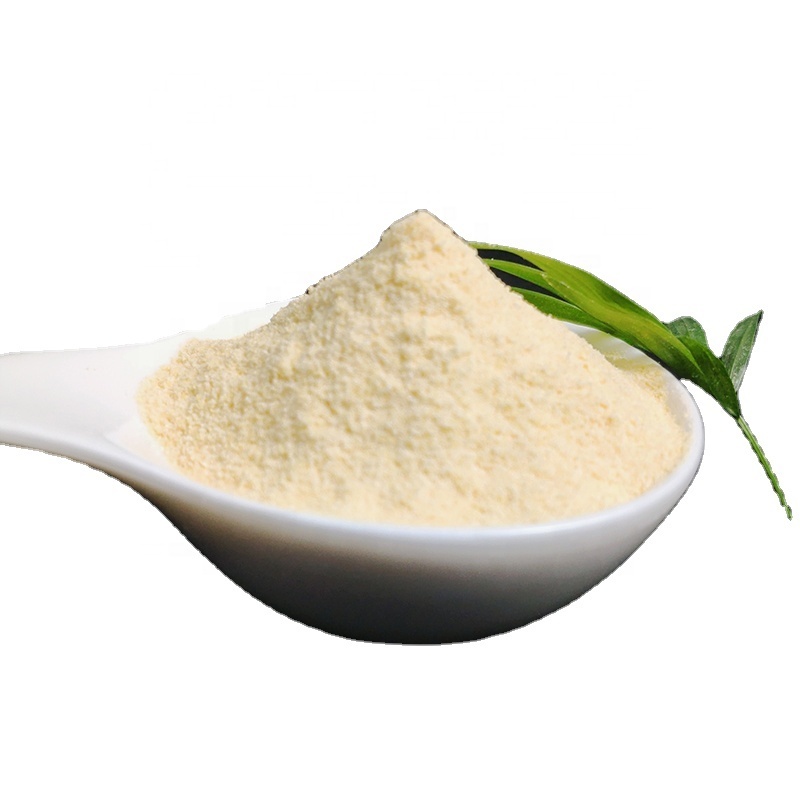-
Categories
-
Pharmaceutical Intermediates
-
Active Pharmaceutical Ingredients
-
Food Additives
- Industrial Coatings
- Agrochemicals
- Dyes and Pigments
- Surfactant
- Flavors and Fragrances
- Chemical Reagents
- Catalyst and Auxiliary
- Natural Products
- Inorganic Chemistry
-
Organic Chemistry
-
Biochemical Engineering
- Analytical Chemistry
-
Cosmetic Ingredient
- Water Treatment Chemical
-
Pharmaceutical Intermediates
Promotion
ECHEMI Mall
Wholesale
Weekly Price
Exhibition
News
-
Trade Service
International oil prices rose nearly 3% on Wednesday (July 6), then gave up some of their gains as investors poured into the market after a sharp drop in the previous session, and supply disruptions came into focus
again.
However, global central banks have continued to raise interest rates, fears of recession linger, and oil prices remain bearish
after the market.
The two markets tumbled more than 7% overnight, both hitting new lows since April 20, to $97.
43 and $101.
10 a barrel
, respectively.
The U.
S.
index rose to a new high since early December 2002 to 106.
796
.
A stronger dollar typically makes commodities denominated in other currencies more expensive, which can dampen demand
.
There are reports that Japan proposes to limit the price of Russian oil to about
half of the current level.
In response, former Russian President Dmitry Medvedev warned that such a move would lead to a significant reduction in oil supply in the market and push prices to more than
$300 or even $400 per barrel.
On the other hand, local union leaders and the Ministry of Labour said the Norwegian government intervened
on Tuesday (July 5) to end the strike of workers in the oil and gas industry.
Unions have threatened to cut the country's gas exports by nearly 60 percent and exacerbate supply shortages
related to the war in Ukraine.
Audun Ingvartsen, leader of the Lederne union, said: "Workers will return to work as soon as possible and we are avoiding an escalation
of the conflict.
Asked if the strike was over, he said: "Yes
.
”
Norwegian Labour Minister Marte Mjoes Persen said: "Norway plays a vital role in supplying gas to Europe, and the planned escalation (of the strike) will have serious consequences
for the UK, Germany and other countries.
”
The Norwegian Oil and Gas (NOG) Employers Lobby said: "We are pleased to see the government understand the seriousness of the situation and take action to safeguard Norway's reputation
as a reliable and stable gas supplier to Europe.
”
Norway, Europe's second-largest energy supplier after Russia, has high demand for oil and gas, as the country is seen as a reliable and predictable supplier, especially as Russia's Nord Stream 1 gas pipeline will be closed on July 11 for 10 days of maintenance
.
John Kilduff, partner at Again Capital LLC, said: "The overnight market selling pressure is definitely overdone, there is no doubt that bears are covering themselves, bargain-absorbing buying is entering the market, and the fundamentals of the global supply crunch remain
.
" ”
Global interest rate hikes continue
However, recession fears continue to weigh on the market
.
Some early assessments suggest the U.
S.
economy is likely to continue to contract
in the second quarter.
A second consecutive quarter of contraction would be considered a technical recession
.
Foreign media surveys show that the number of major central banks that raised interest rates in June was more than in at least any month in at least the past 20 years, and with inflation at multi-decade highs, monetary policy tightening is unlikely to stop this year
.
Alex Brazier, deputy director of BlackRock's Investment Institute, said: "The Fed seems to be in autopilot mode, with interest rates set to reach 3.
5% and the ECB actively moving away from negative interest rate policy
.
But Brazier added that the Fed's rate hike "will cause a severe slowdown in the economy, after which it will have to change course.
"
Luis Oganes, head of global macro research at JPMorgan, warned of the possibility of rate hike fatigue as inflation failed to reach its expected peak in the first six months of the year
.
"These central banks will face the question of how much more they can raise interest rates in the second half of the year to anchor inflation expectations
without pushing the economy into recession.
"
Leon Li, an analyst at CMC Markets in Shanghai, pointed out that the tightening of policy by global central banks and the possible interest rate hike by the Federal Reserve have put pressure on commodity prices, "Although crude oil still faces supply shortages, the key factors that led to yesterday's sharp oil sell-off remain.
"
Therefore, today's rally could be a short-term correction for bears, and oil prices are likely to remain under pressure
in the near future.
”







